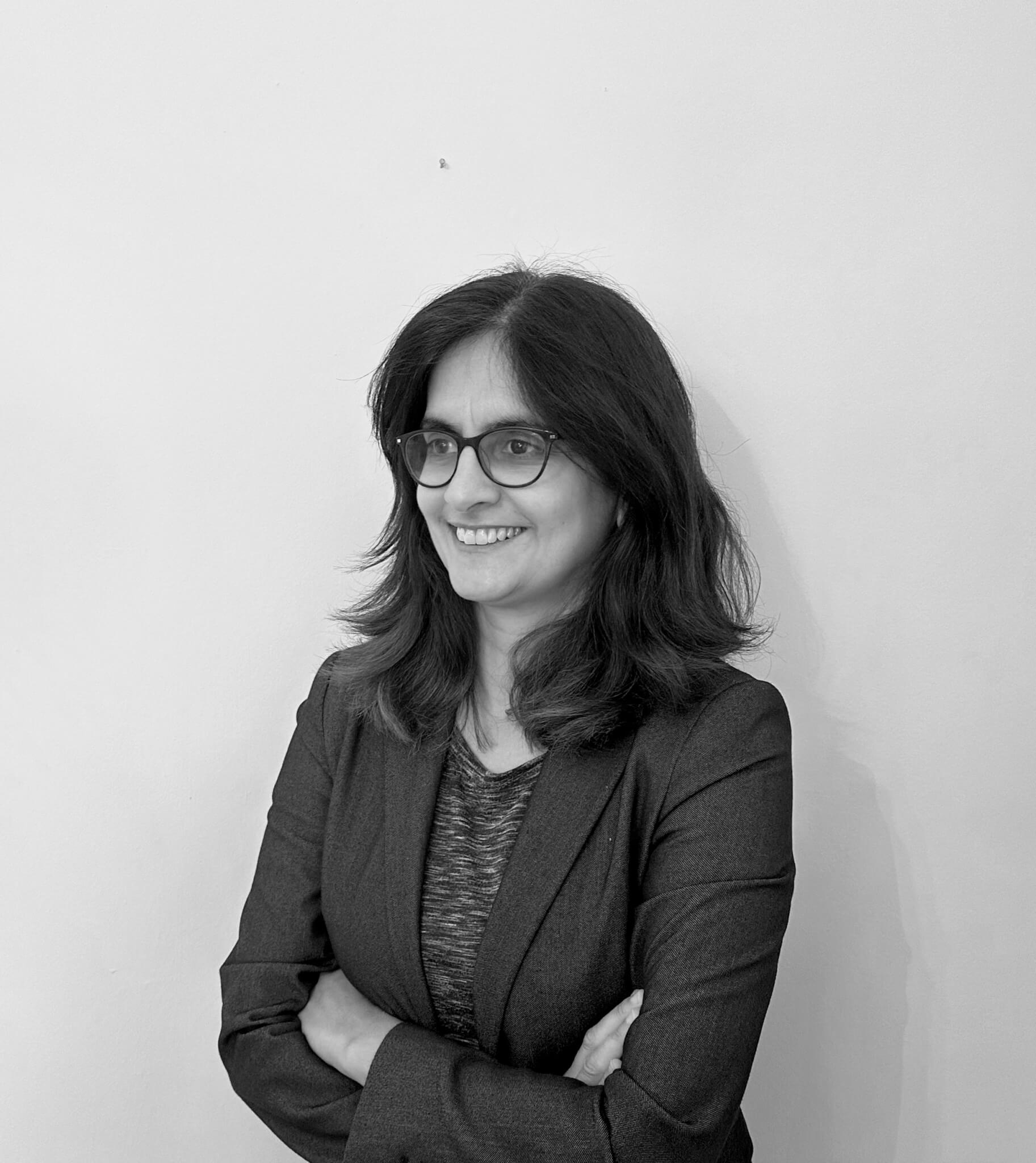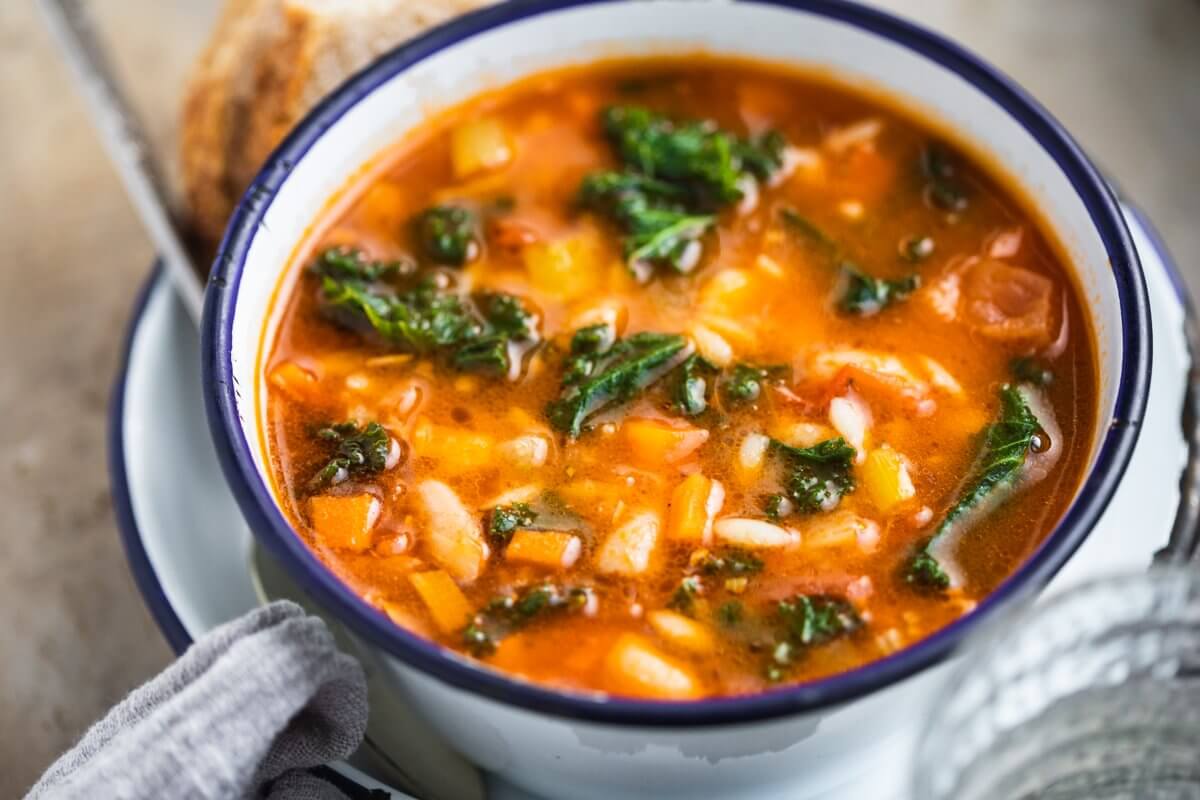“The revolution is in the field”, says organic regenerative agriculturalist Jean-Martin (JM) Fortier, author of The Market Gardener and co-host of the eponymously-named podcast—a platform for pioneering growers and curious consumers to discover how “small-scale farming is changing the world”.
Founder of the Market Gardener Institute, based in Quebec, Canada, which teaches growers how to create a successful microfarm, Fortier—who is passionate about sustainable farming and food sovereignty—believes it is vital that our food is “grown with care, by people who care”.
Food sovereignty is a term coined by La Via Campesina, a global movement that unites and defends peasant agriculture, centring social and environmental justice, championing small-scale, sustainable food producers, and emphasising our right to good, locally produced, culturally appropriate food, grown in ways that are kind to people and planet.
In a solo episode, Fortier helpfully explains the difference between the terms ‘organic’ and ‘regenerative’ agriculture, which helps us to understand if our food is truly being grown in a way that is good for the earth.
‘Organic,’ Fortier tells us, has a “set standard of rules and regulations that growers need to comply with.” In Great Britain (England, Scotland, Wales), for example, to call food ‘organic,’ it must be legally certified, and a strict set of rules in relation to the adherence of organic farming methods must be followed. There is an application process to become certified as an organic farmer, which involves farm inspections—that are repeated annually when the certificate is due for renewal. For more information, check out the gov.uk website page, ‘Organic farming: how to get certification and funding in Great Britain’.
By contrast, the term ‘regenerative agriculture’ is, according to Fortier, “not well-defined and does not have a set of rules and regulations”, which has the potential to open the door to greenwashing—which is when businesses intentionally, or unintentionally, mislead consumers to believe that they are doing more to be environmentally-friendly than they are. For Fortier, then, regenerative agriculture also “needs to be organic”—and he urges us to dig deeper to see whether things are as they appear.
“Scale and soil are at the heart of the conversation,” says Fortier, who believes that we need small, localised, decentralised farming systems. His dream is to see independent organic, regenerative farms sprouting up everywhere, focused on nurturing healthy soil and food as well as healthy growers and communities, which will uplift local economies.
Alongside co-host, film maker, and fellow farmer Chris Moran, Fortier—who takes a biointense approach to organic farming, which aims to boost biodiversity, soil health, and profitable yields on small plots of land—has in-depth conversations (some podcast episodes have a run time of up to 2 hours 30 minutes) with like-minded folk, from globally-inspired master market gardener Jodi Roebuck from Taranaki, New Zealand who shares farming lessons from around the world, to Akos Asare who turned her front yard in Deep River, Ontario into the regenerative, locally-grown, sustainable urban flower farm, re.Planted.
Whether you an interested consumer or a market gardener, this podcast will provide insights and inspiration, reminding us that, as Fortier says, “we need a food system based in care, ecology, and community”—ultimately urging us to show some love to our small, organic regenerative farmers, who are working hard to grow a happier, healthier new world.
Reviewed by R. B. L. Robinson









